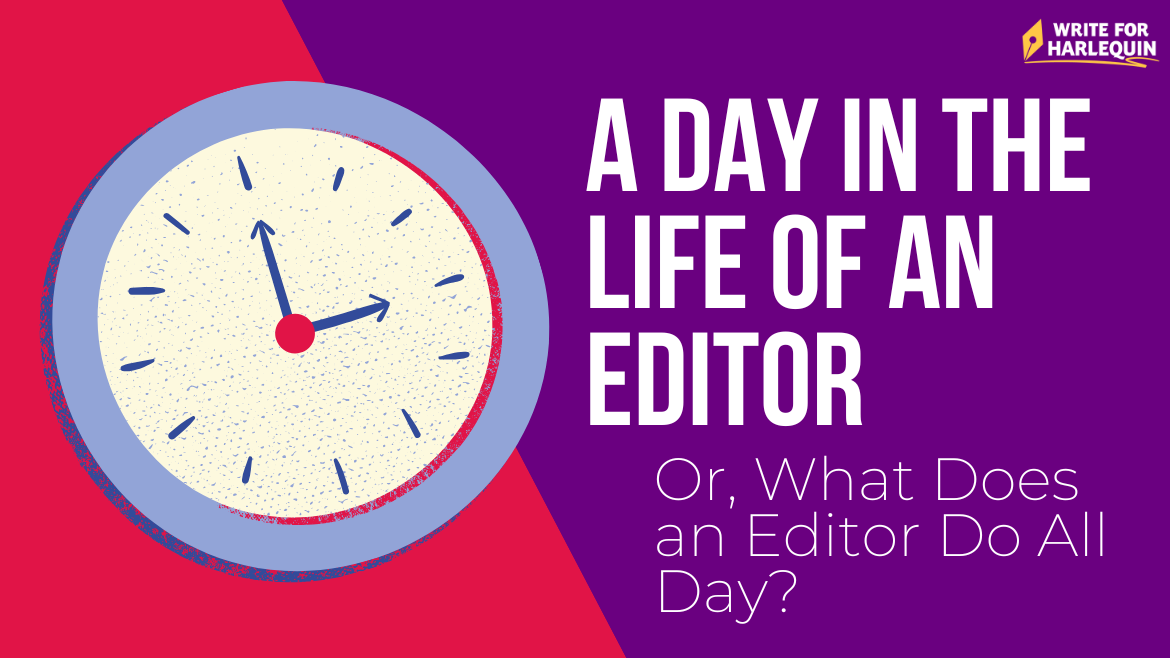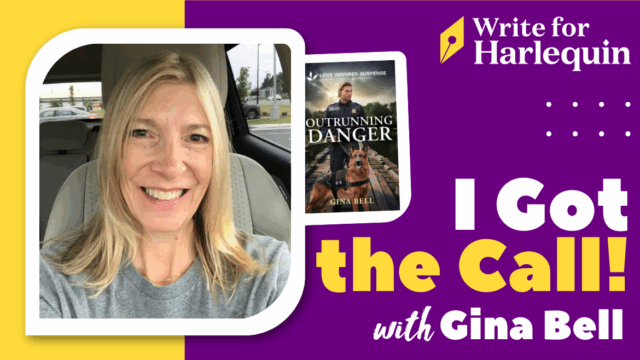
By Editor Emma Cole
If you’ve spent any time at all in publishing, you know that a lot of it is waiting. You wait for beta readers to give you feedback, you wait for agents to answer your queries, and you wait for editors to get back to you. First to let you know if they want to acquire your manuscript, then for the contract to be sent out, then the developmental edit, the line edit, the copy edit…it feels endless! This post isn’t going to offer up any excuses—we know there are people waiting to hear back from us all the time and we’d all love to be quicker with news. But the job of an editor goes well beyond reading submissions and acquiring manuscripts, so we thought we’d give you a bit of insight into all the other things we’re working on each day.
Emails:
Seriously, so many emails. This morning I answered emails about the following:
- An author’s book information is showing up incorrectly on our website, so I needed to send a query to the digital team to fix it.
- An author was asking about galleys and whether we can send some copies to reviewers.
- I had to speak with another editor about a book that was selected for an internal panel discussion, and find out if there was anything I should mention as the moderator.
- I answered a proofreader’s queries about a manuscript that is getting ready for printing.
- I emailed an agent to set up a meeting to discuss future submissions.
- I set up a meeting with an aspiring author who is looking for more information about publishing.
And that is all before 10 am. There are always emails flying back and forth (on average I get about 100 emails a day) letting us know when back cover copy is ready to be checked, when cover concepts need to be approved, and what manuscripts will be discussed at the next acquisitions meeting. Then there are questions from my manager, our editorial assistant, the marketing team, or production, among other folks. I’ve got emails from agents, from authors who I work with, or sometimes a podcaster or member of the media who has some questions, as well as emails with industry news, like the Publisher’s Marketplace Deal Report where we find out about what editors are acquiring elsewhere.
Meetings:
Some days are more meeting-heavy than others, but there are many aspects of publishing that are easier to handle when we’re discussing them in a group. We have regular discussions about things like covers, where editors brief the art department on the books for the month or the season and make sure they know what kind of direction we’d like to take to ensure readers pick up the books. We have production meetings, where our managing editorial team check in about our deadlines and make sure the books are on time and on track. We have imprint meetings, where each series discusses any issues or challenges, what kinds of books we’re hoping to find to fill spaces in our schedules, and any other news we need to discuss. And then we have acquisition meetings, where editors bring forward manuscripts we’re excited about and decide whether it’s a project that the whole team is aligned in wanting to move ahead with acquisition (my favorite meetings!). Once a manuscript is acquired, there are a huge number of things to consider before the book is printed, and meetings about upcoming titles take up a lot of our day-to-day.
Editing:
Now for the fun stuff: editing. This is definitely the bulk of my job: working on manuscripts to get them ready for publication. Harlequin series feature anywhere from four to 8 books each month, and as such I’m responsible for editing a title or two (or more) pretty much all the time. Some editors work on more, some less; but we’re always editing something. When an author sends in their proposal for their next book, I review it and either approve or send it back with some questions—if they’re minor changes, usually the author can go back and adjust in their finished manuscript but sometimes they need to change bigger details. Once the full manuscript comes in, I read it over and either send notes asking for structural changes, or approve and start line editing. Line editing is the nitty-gritty of what I do as an acquiring editor, and I spend a lot of time going over each sentence, making sure the author’s voice comes through as clearly and effectively as possible. Each manuscript requires anywhere from a few days to a few weeks of editing, depending on the complexity and length. Once it comes back from the copyeditor, I read the manuscript again, going over all the changes and questions from the copyeditor before sending it back to the author to get their input.
Submissions:
Once I’ve taken care of the books and authors I’ve already got on my list, I can make time to read through submissions. Since Harlequin is always open to un-agented submissions, we have a huge number of manuscripts and pitches to read (we currently have over 1900 pitches, proposals, or full manuscripts that the team is working on!). On top of those submissions, we have projects that are sent over by agents who we have relationships with or who are looking to build new connections with an editor who likes the same kinds of stories. Some of our series also monitor pitch events or create our own submission blitzes or send out solicitations on social media when we’re looking to find a specific kind of story. I currently have about 15 submissions in various stages: some I’m reading, some I’ve sent to the wider team for feedback, some are waiting to go to the big acquisitions meeting, and some I’m waiting for agents to reply.
Yes, we’re back to waiting. When I first started at Harlequin, my manager told me publishing is so slow, until it isn’t. Individual books take a long time, but when you put them all together into a 9-to-5 job, there’s a constant flurry of activity that we need to stay on top of. Much as I’d love to curl up with some submissions and just read manuscripts all day, I usually run out of hours and spend my commute or my lunch break catching up on potential acquisitions. But I promise, I will get to it! Finding a new potential story or author is the most rewarding thing about this job, and I’m always on the hunt for the next manuscript. Maybe it will be yours!




